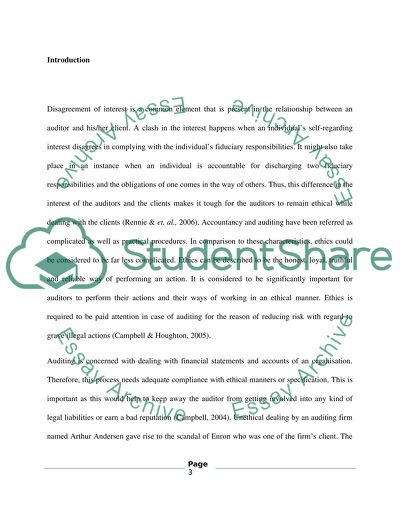Cite this document
(“Finance - Audit and Assurance Essay Example | Topics and Well Written Essays - 5000 words”, n.d.)
Finance - Audit and Assurance Essay Example | Topics and Well Written Essays - 5000 words. Retrieved from https://studentshare.org/finance-accounting/1440525-unit-acca-mac
Finance - Audit and Assurance Essay Example | Topics and Well Written Essays - 5000 words. Retrieved from https://studentshare.org/finance-accounting/1440525-unit-acca-mac
(Finance - Audit and Assurance Essay Example | Topics and Well Written Essays - 5000 Words)
Finance - Audit and Assurance Essay Example | Topics and Well Written Essays - 5000 Words. https://studentshare.org/finance-accounting/1440525-unit-acca-mac.
Finance - Audit and Assurance Essay Example | Topics and Well Written Essays - 5000 Words. https://studentshare.org/finance-accounting/1440525-unit-acca-mac.
“Finance - Audit and Assurance Essay Example | Topics and Well Written Essays - 5000 Words”, n.d. https://studentshare.org/finance-accounting/1440525-unit-acca-mac.


